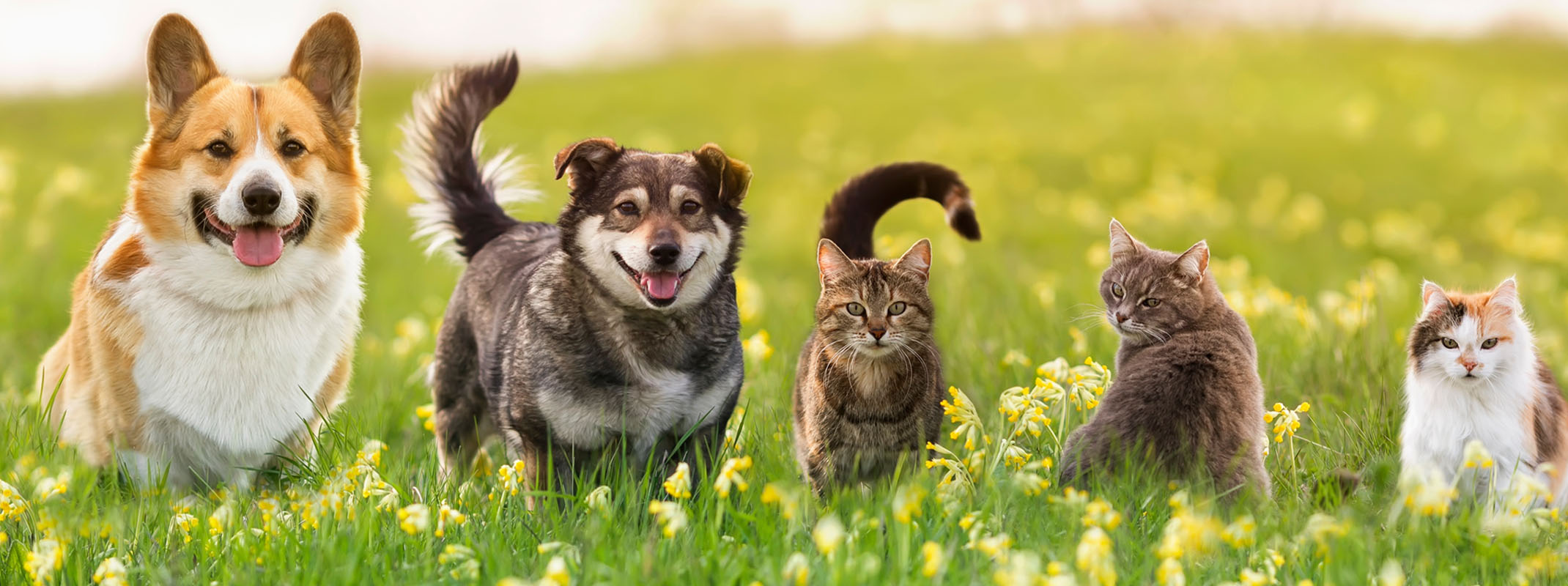 Back to the Be Inspired Blog
Back to the Be Inspired Blog

Plants That Are Toxic to Pets: What Bay Area Gardeners Need to Know
Our furry companions are curious by nature—and that curiosity can sometimes lead them to nibble on the wrong plant. In the Bay Area, where gardens flourish year-round, it’s important to know which plants can pose a risk to dogs and cats.
Whether you're planting in containers, creating a lush landscape, or adding houseplants to your indoor space, this guide will help you keep your pets safe while enjoying a beautiful garden.
🚫 Common Toxic Plants to Watch Out For
These popular plants may thrive in our Bay Area climate, but they can be harmful—or even fatal—if ingested by pets:
- Sago Palm – Highly toxic to both dogs and cats; all parts, especially seeds, are dangerous.
- Oleander – A fire-resistant plant often used in California landscapes, but extremely toxic if eaten.
- Lily (many varieties) – Cats are especially sensitive; even a small amount can cause kidney failure.
- Azalea – Ingestion can lead to vomiting, diarrhea, and in severe cases, coma or death.
- Foxglove – Stunning but toxic; contains cardiac glycosides that affect the heart.
- Autumn Crocus – Different from spring crocus, it can cause serious internal issues.
- Cyclamen – Popular in winter containers, but tubers are especially toxic to pets.
- Euphorbia species (including Pencil Cactus and Crown of Thorns) – Sap can irritate skin and is harmful if swallowed.
✅ Pet-Friendly Alternatives for Bay Area Gardens
Looking for safe and beautiful options? These plants are considered non-toxic to pets and grow well in our region:
- Camellias – A shade-friendly flowering shrub that’s safe for pets.
- Snapdragons – Great for seasonal color and pet-safe.
- Ornamental Basil or Lemon Balm – Edible and gentle on pets.
- Rosemary & Thyme – Aromatic, drought-tolerant, and pet-friendly herbs.
- Marigolds (Calendula officinalis) – Not to be confused with Tagetes; these are gentle and useful in companion planting.
- African Violets – Safe for indoor pets and perfect for brightening up window sills.
- Spider Plant – A resilient houseplant that’s safe for cats and dogs.
🛑 What to Do If You Suspect Plant Poisoning
If your pet has chewed or swallowed something potentially toxic, call your veterinarian or contact the ASPCA Animal Poison Control Center at (888) 426-4435 right away.
Safe Gardening Means Peace of Mind
Choosing pet-safe plants doesn’t mean sacrificing style or color. With a little planning, your garden or container collection can be both beautiful and pet-friendly.
Visit your local SummerWinds Nursery for advice on pet-safe plants suited for your microclimate.

